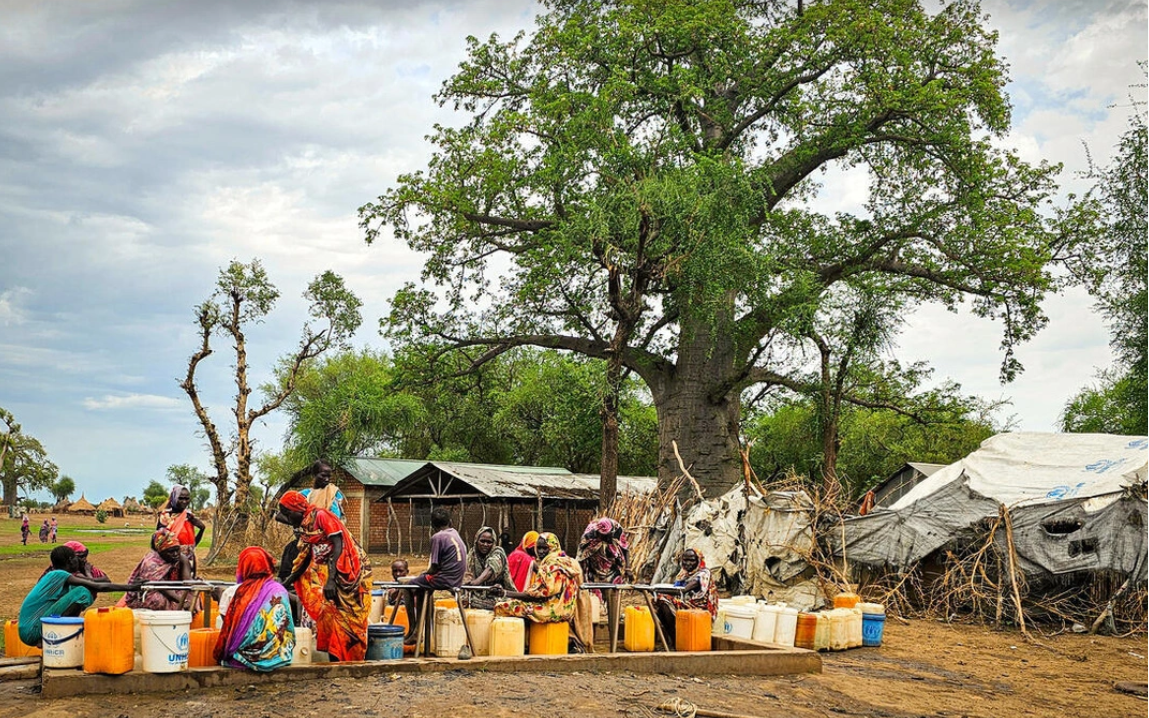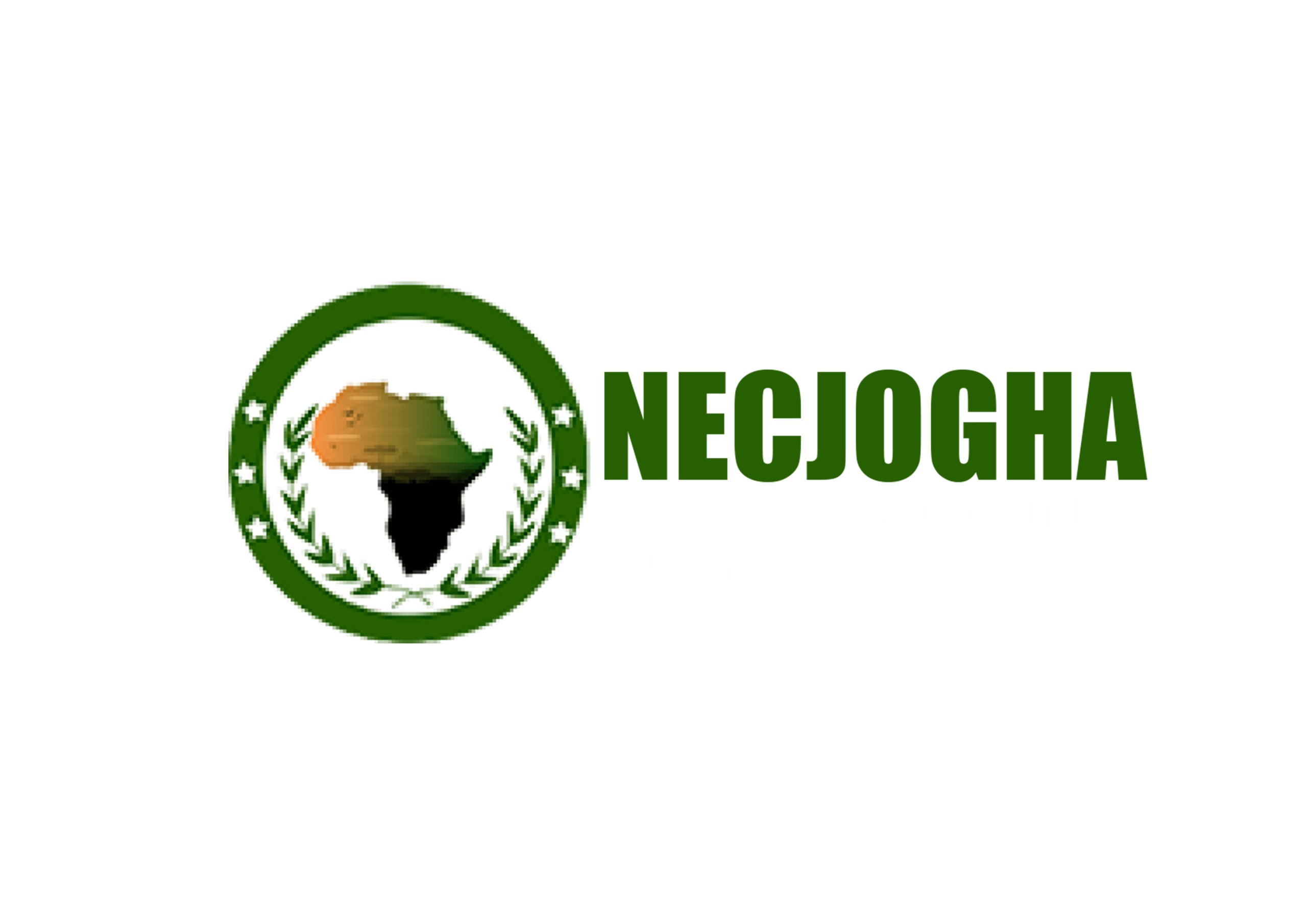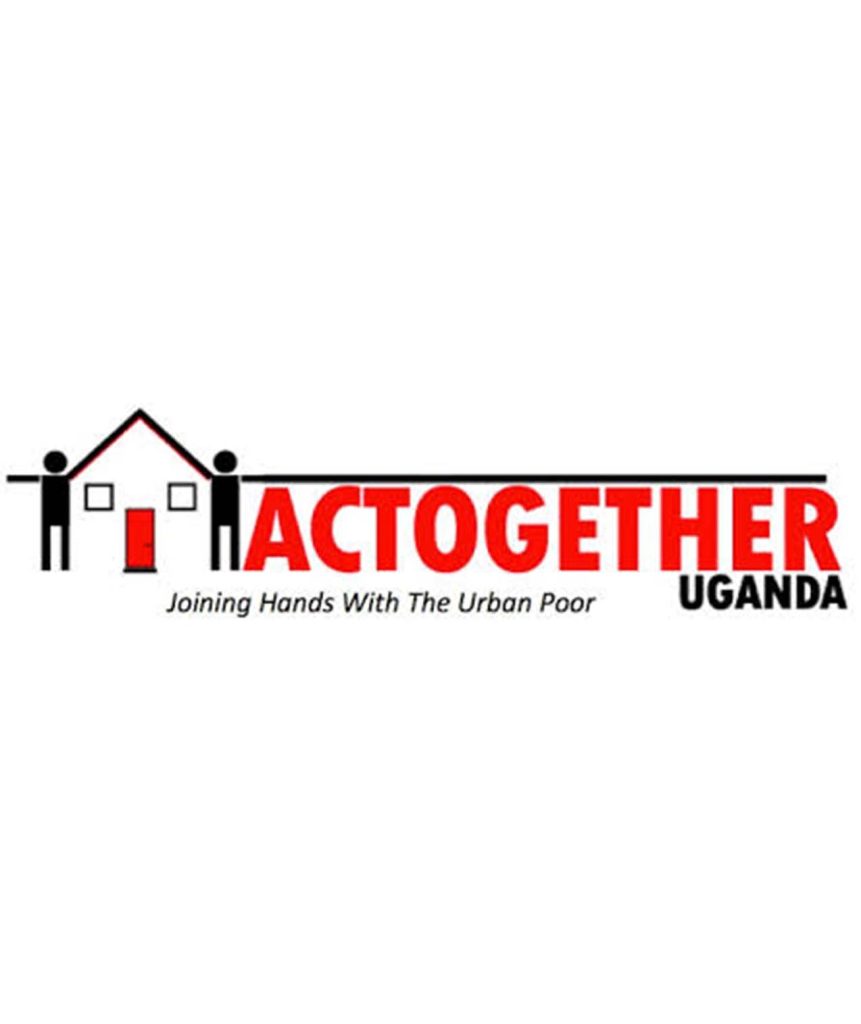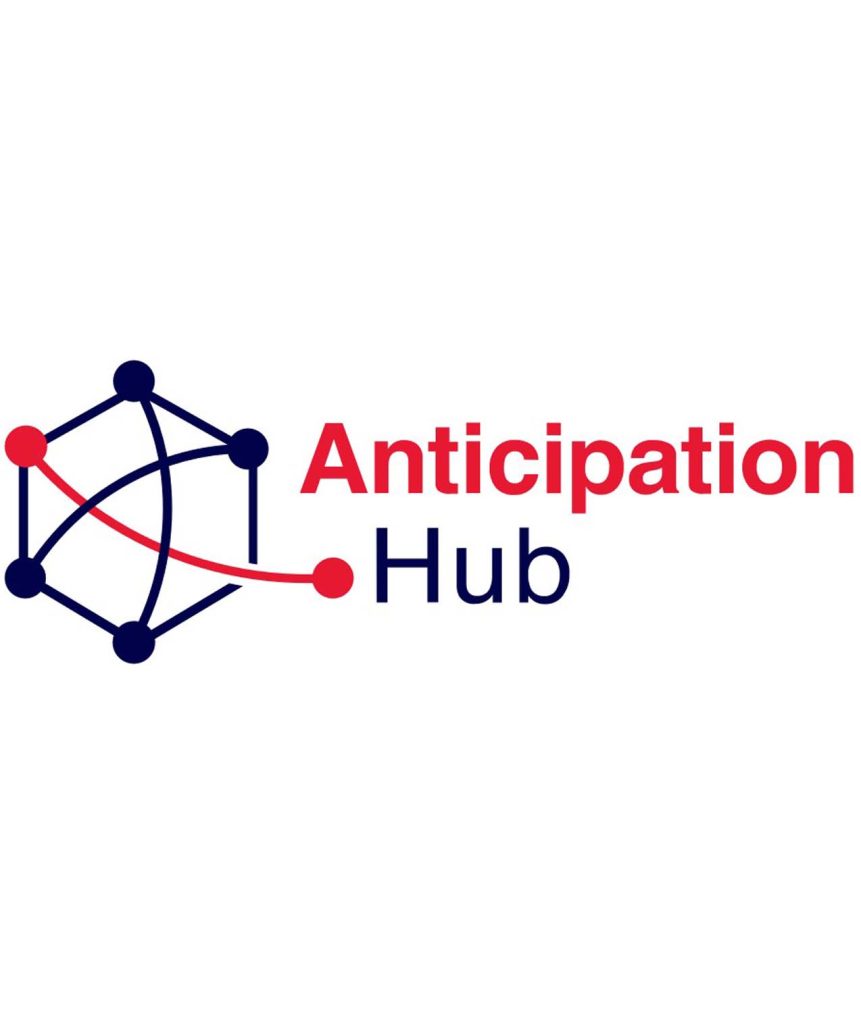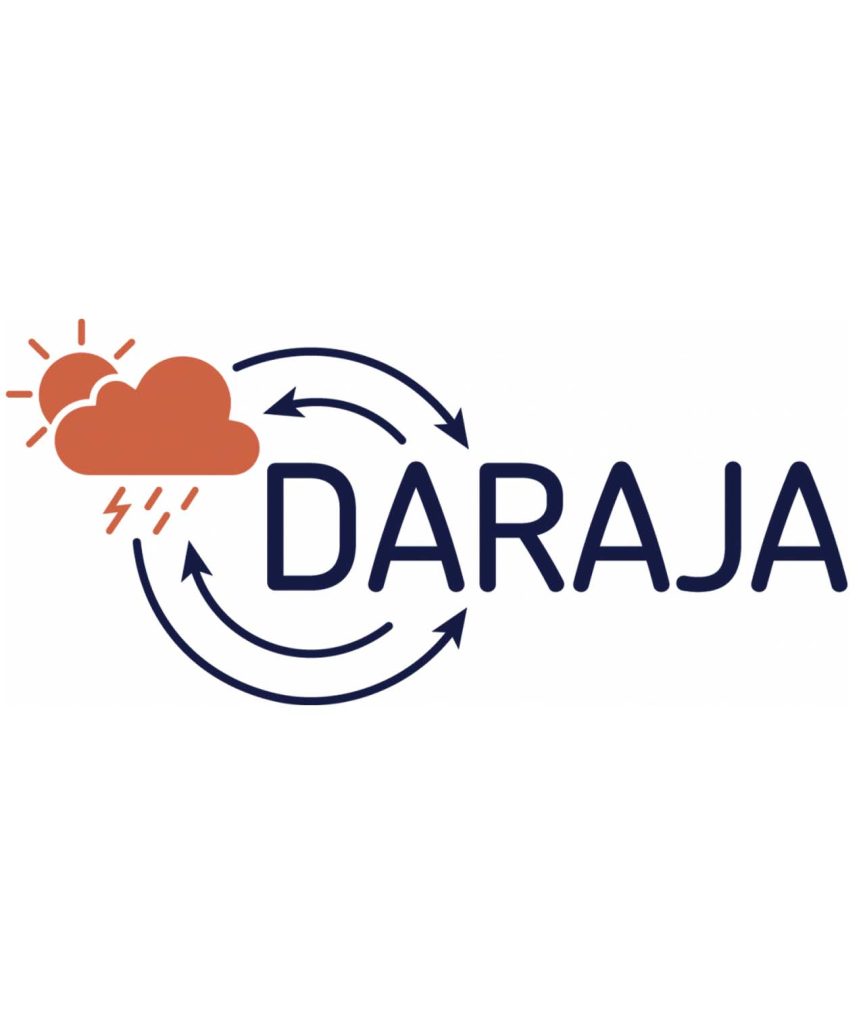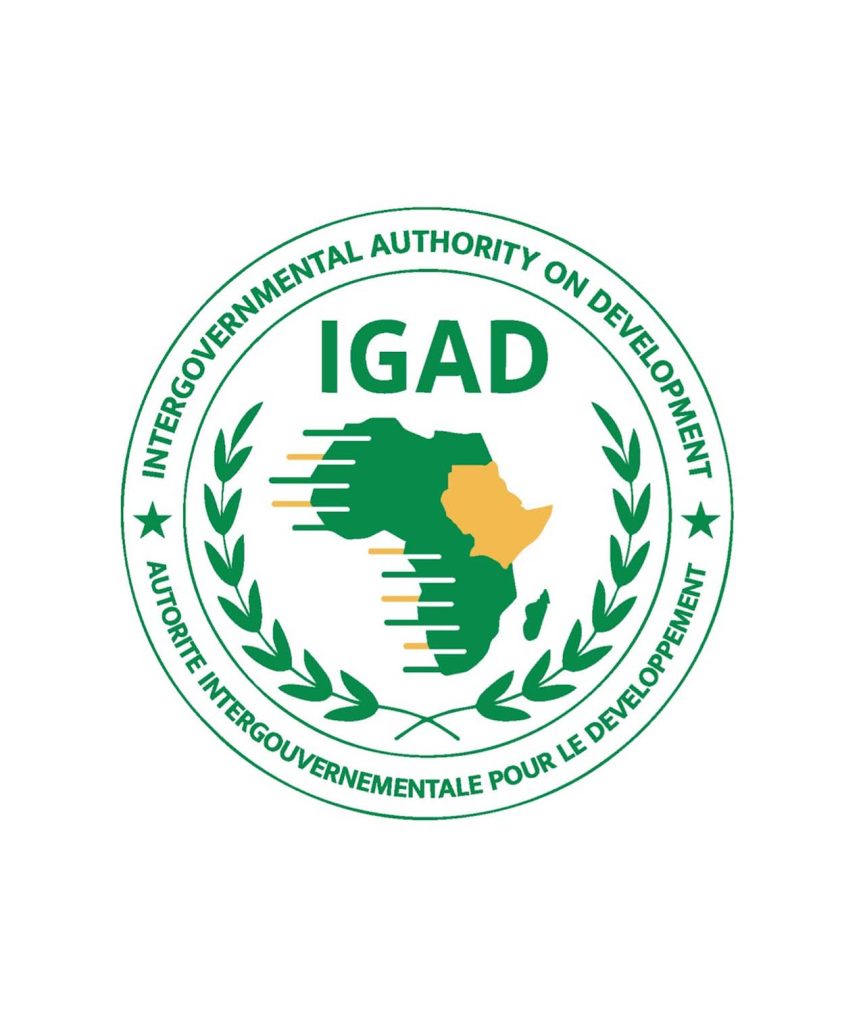Every morning, Awadia Yassin joins the familiar flow of people heading to a refurbished solar-powered water point in Doro Refugee Camp, Maban County in South Sudan. As a refugee from Sudan, she has made this journey countless times over the past months. But something has changed about these daily visits.
“These water points have become more than just places to collect water,” she explains, adjusting her water container. “We share stories here and sometimes help each other with small problems.”
What started as a basic need for clean water has evolved into something deeper. The water points now serve as meeting spaces where relationships form between refugees and members of the local host community. In Maban County, which hosts four refugee sites with over 200,000 displaced people including those who have recently arrived fleeing ongoing conflict in Sudan, these daily encounters at several water points matter.

Awadia Yassin, one of the thousands of refugees fled from Sudan, settled in Doro Refugee Camp, Maban County in South Sudan.
© UNHCR/Philip James Lukudu
The transformation began when the Korea International Cooperation Agency (KOICA) partnered with UNHCR, the UN Refugee Agency, and Relief International to refurbish and maintain solar-powered water systems. The project seemed straightforward: fix the water points, keep them running. But the impact was far-reaching.
“The constant repair and maintenance of these solar-powered water points requires community involvement,” explains Majok John, a water and sanitation (WASH) coordinator with Relief International, UNHCR’s partner in Maban. “This shared responsibility has created something we did not initially anticipate; this is the peaceful coexistence between refugees and the host community.”
The technology itself is effective. Solar panels capture Maban’s abundant sunshine for eight months of the year, powering pumps and water storage facilities. The systems operate from morning until dusk, providing 10 hours of daily access. This extended availability means people no longer need to rush or compete for water during the operating windows.

Constant repair, and maintanance of solar-powered water points in Maban’s refugee camps, families now have reliable access to clean water, reducing daily struggles. Funded by KOICA, the project is turning water access into a catalyst for foster peaceful coexistence and accountability.
© UNHCR/Philip James Lukudu
Al-Lutti Dulu Nyalo, a community leader, recalls the period prior to the initiation, refurbishment, and upgrade of the solar project. “Before the solar project was there and also during the times it was not refurbished, water collection was rushed and sometimes tense because of limited availability,” he says. “Now, with longer operating hours and reliable supply, people have time to talk, to know each other.”
The daily interactions build trust slowly but steadily. When disputes arise, community members who know each other personally work together to find solutions.
This social change supports broader goals outlined in South Sudan’s National Durable Solutions Strategy and Upper Nile State Roadmap for 2024-2026. The water project connects emergency shelter support, climate-resilient housing upgrades, and infrastructure improvements including household latrines and safer access roads.
But human connections matter the most. Silva Alkebeh, head of UNHCR Sub-office in Maban, has watched these relationships develop over months. “When water points become gathering spaces where different communities share stories and concerns, we are not just addressing immediate humanitarian needs,” she observes. “We are building the foundation for long-term peaceful coexistence.”
The solar-powered systems require ongoing maintenance, creating opportunities for technical training and employment. Local technicians learn to repair pumps and replace parts. Community committees oversee daily operations and resolve minor conflicts. This shared ownership ensures the systems continue working long after international funding ends.
For Awadia Yassin, these changes represent hope for her children’s future. “My daughter plays with children from the host community,” she says. “They speak the same language, sharing the same dreams. This gives me hope as a refugee.”

